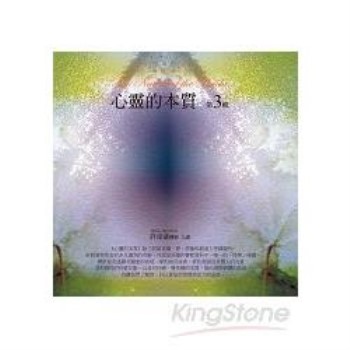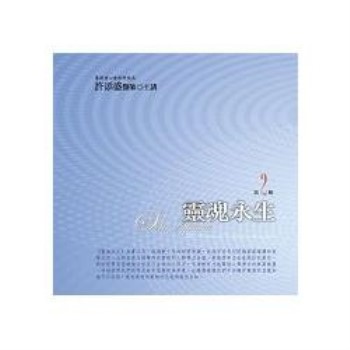圖書簡介Political order has been one of the paramount goals pursued by people regardless of their political inclination. In the context of Hong Kong, the importance of political order has been gaining even more emphasis in the bumpy process of the sovereignty transfer from the United Kingdom to the People's Republic of China (PRC). The contrasts between order and change have painted a mixed picture of stability and uncertainty in the 13-year extended period of power transition, starting from the conclusion of the Sino-British Joint Declaration in late 1984 to the formation of the Special Administrative Region of the PRC on 1 July 1997.
Against this background, leading scholars of Hong Kong studies have contributed their expertise and analysis to this volume in order to better understand the dynamics of change and related issues during this historic period of Hong Kong history.
As a non-sovereign political entity, Hong Kong's political destiny has been shaped by exogenous, rather than endogenous, political forces. Towards Hong Kong. By understanding their respective calculations and constraints we would be able to comprehend the complex process of transition better.
This book also highlights some of the key issues that have emerged in the process of transition: political reforms and democratization, the transformation of senior civil service, relations between the executive and the legislature, party development, fiscal policy and land use.












